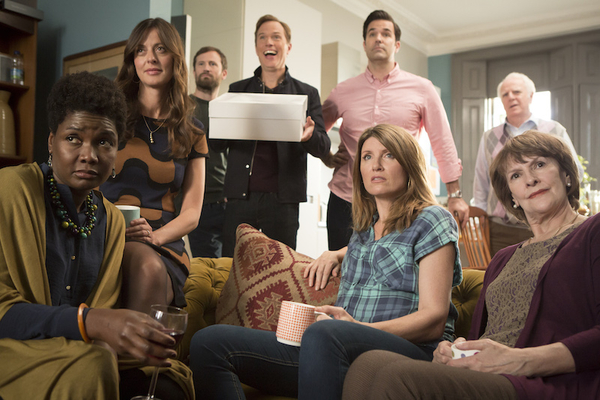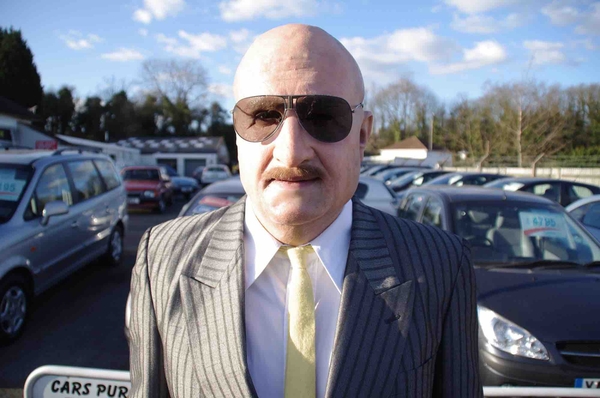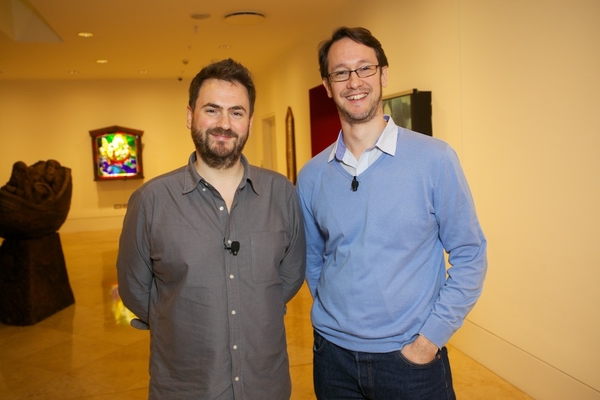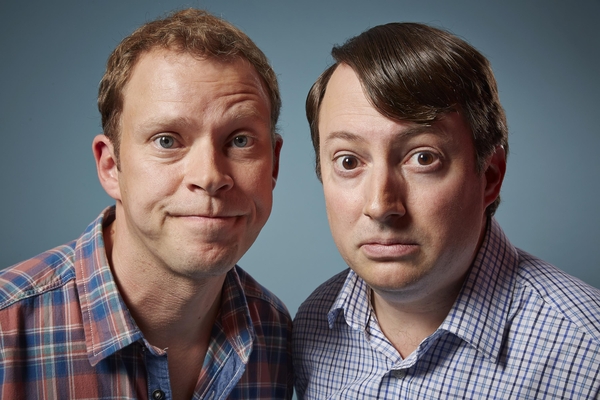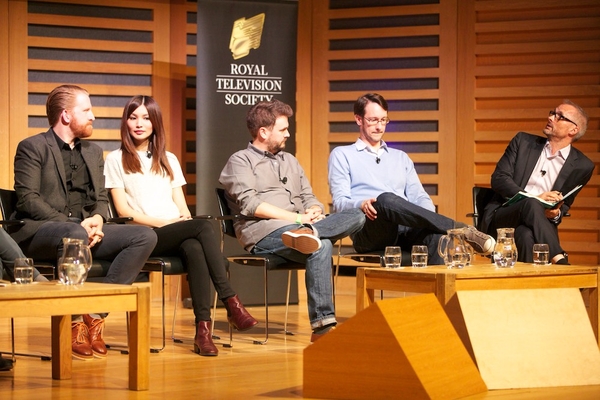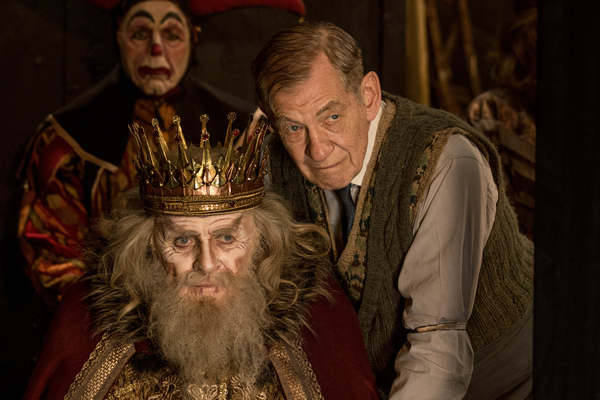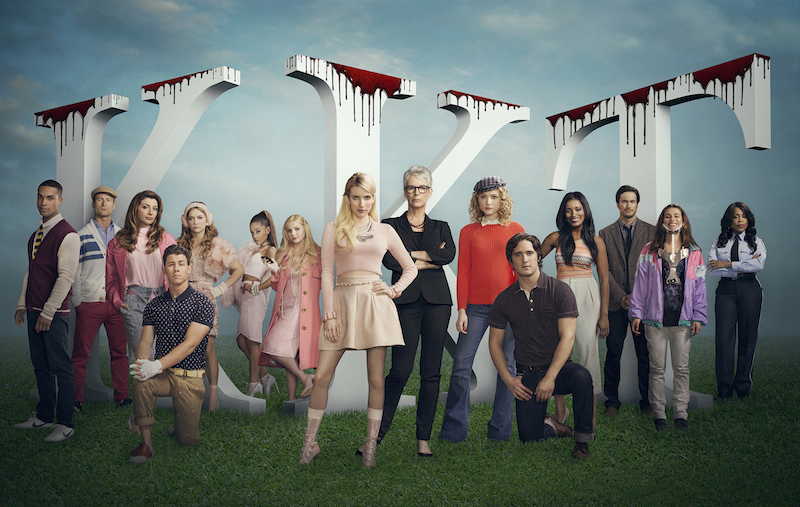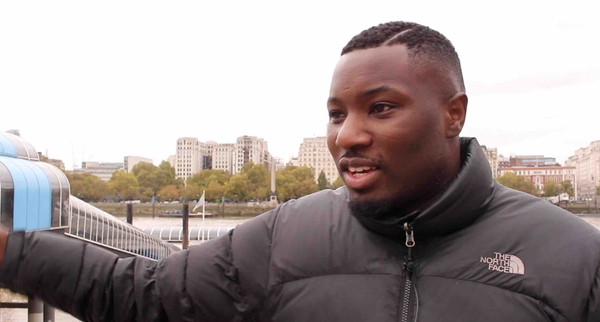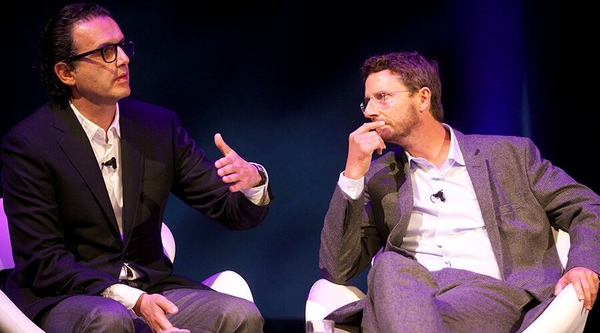Is Channel 4 for sale?
When Ofcom holds its final board meeting of 2015 in December, it will have a list of the candidates competing to be the next Chair of Channel 4. At the top of the list will be Mark Price, outgoing Chief Executive of Waitrose and Deputy Chair of John Lewis.
The advert for the post – a hugely sensitive one, as the Government explores the possibility of selling off Channel 4 – was hurried out on 10 October by favoured headhunter Dom Loehnis of Egon Zehnder, with a closing date of 16 November.


